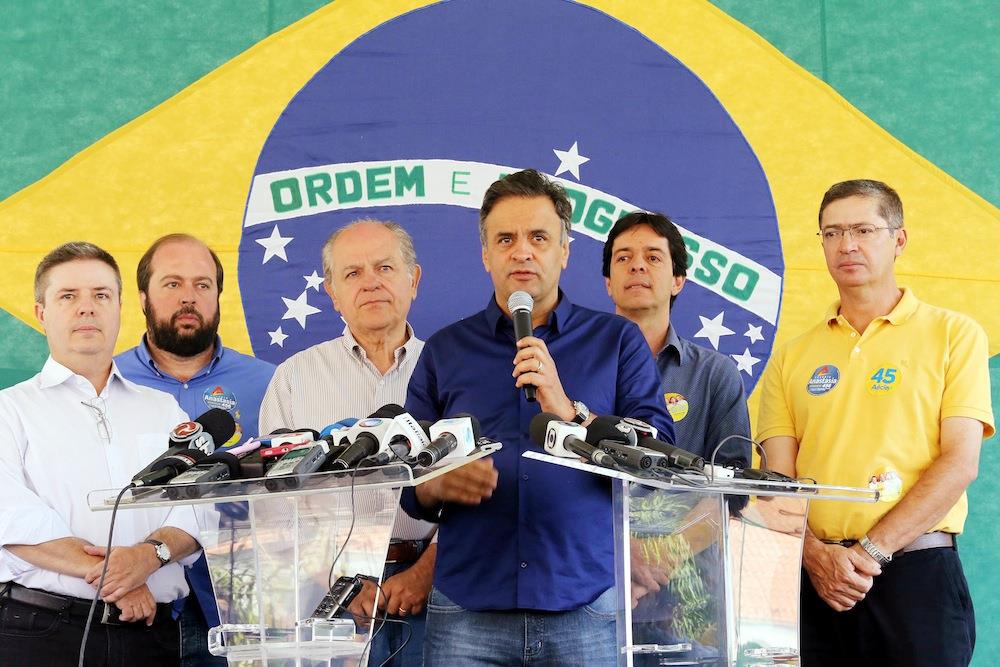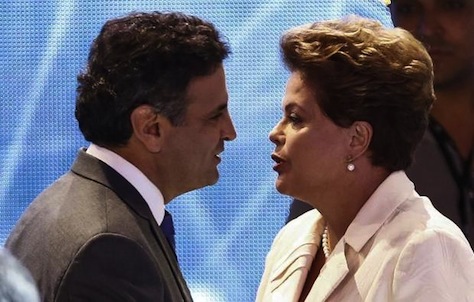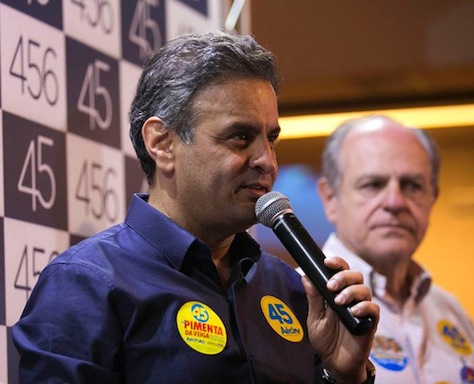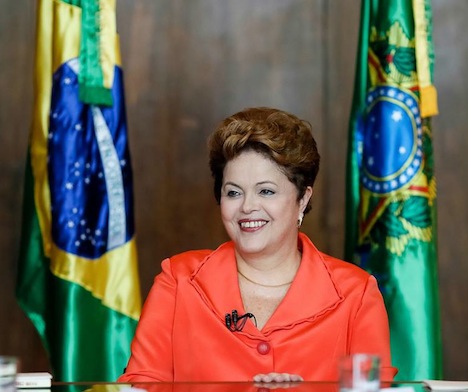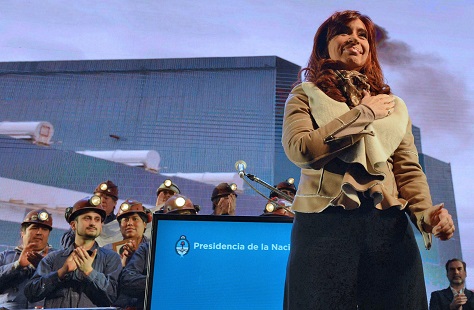
Despite Daniel Scioli’s seemingly easy rise over the course of 2015 to become the frontrunner for the Argentine presidency after the October 25 general election, the most persistent criticism he faces is that he will not be his own man in office, but instead a puppet — or even a placeholder — of Cristina Fernández de Kirchner.![]()
Term limits are forcing Kirchner to step down, after eight years in office that followed four previous years when her late husband, Néstor Kirchner occupied the Casa Rosada. This year’s election will be the first since 1999 when a Kirchner hasn’t been on the ballot, and there’s already plenty of speculation that Scioli is just a transitional figure designed to bridge two eras of kirchnerismo.
There’s probably something to those rumors. Kirchner herself succeeded her own husband, in what was widely discussed as a plan to pass the presidency between the two (a plan that went sideways when Néstor died in 2010). If her party had won a two-thirds majority in the 2013 midterm elections, it was entirely plausible that they might have amended Argentina’s constitution to provide her a path to a third consecutive term.
There’s nothing necessarily nefarious about Kirchner’s plans, if true, to return to the presidency in 2019. In Latin America, where executive-strong governments are often checked by strict term limits (in many cases, presidents are limited to a single consecutive term), it’s not unusual for popular former presidents to return to office. That’s currently true for two of Argentina’s neighbors — Uruguay reelected left-wing Tabaré Vázquez to the presidency last December after a four-year stint out of office; Chile did the same, where the center-left Michelle Bachelet returned to office, after an equal four-year break, in December 2013.
Despite (or perhaps because of) the sinking popularity of Brazilian president Dilma Rousseff, a widespread corruption scandal and a tough economy, the widely-loved Luiz Inácio Lula da Silva is openly considering a run in the 2018 election after eight years out of office.
Even in the United States, it’s still a good bet to assume that the wife of a former president will face off for the presidency in 2016 against the son and brother of two other former presidents.
*****
RELATED: Scioli leads in Argentine presidential race after primaries
*****
But for Scioli, the Kirchner legacy is much more complicated, and the specter of a Kirchner restoration could drain much of his credibility as an Argentine president — especially among a business class that hopes he will (however gently) reverse course on nationalization, capital controls and Argentina’s freeze in global debt markets, pushing Argentina to a more orthodox economy. Continue reading Kirchner 2019 comeback could complicate Scioli presidential bid

